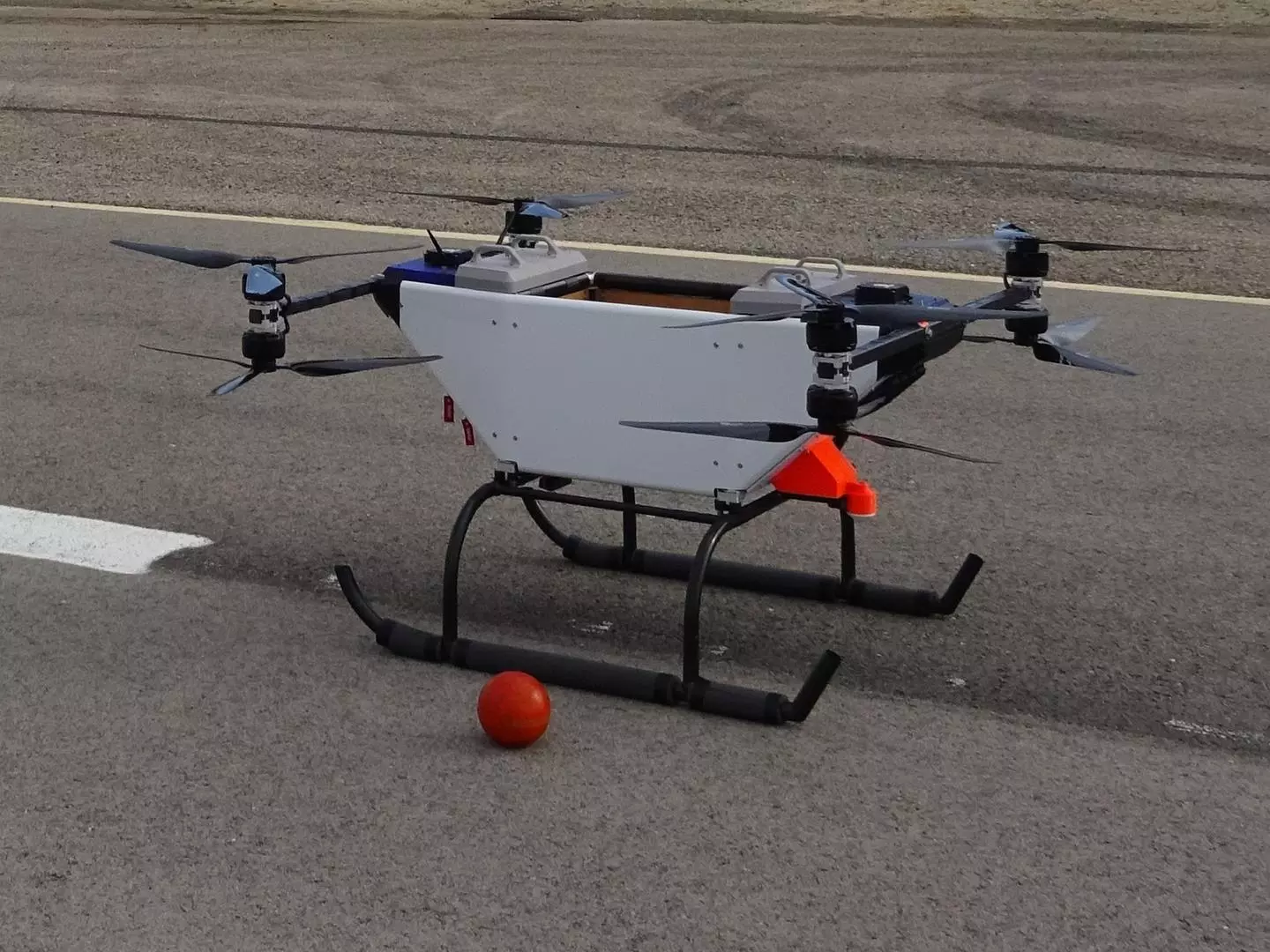
Airbus has demonstrated a sub-scale prototype of its future multi-mission uncrewed aerial vehicle (UAV) during a recent exercise organised by the Portuguese Navy and Nato.
The Robotic Experimentation and Prototyping using Maritime Uncrewed Systems 2022 (REPMUS-22) was conducted from 12 to 23 September in Portugal’s Troia Peninsula region.
It involved participation of several Nato allied and partner nations’ forces, industry partners and universities.
During this exercise, Airbus operated its UAV prototype, also called cargo copter, in a realistic, dense robotic environment, to prove UAV’s concepts and capabilities, including its modular design to support rapid swap-out of payloads and batteries.
This cargo copter demonstrator was developed by the company’s UAS New Programmes group and X-Works rapid prototyping team.
The objective of this effort is to address a variety of military mission requirements, including performing intelligence, surveillance and reconnaissance (ISR) missions and cargo transportation.
The UAV can also act as a combat force multiplier or as a communications relay.
X-Works rapid prototyping team lead Jens Federhen said: “Performing the demonstrations in such a demanding environment – surrounded by six research ships, 11 warships and 120 uncrewed systems – was extremely challenging, and at the same time very productive, as we have been able to learn and create useful collaboration links.”
The 35kg vertical take-off and landing (VTOL) multi-copter prototype is capable of accommodating several payloads.
It is fitted with an all-purpose landing system, called DeckFinder, to support automatic landings on the ship decks.
As part of the follow-on development, the company’s UAS New Programmes team is planning to develop a full-scale version, capable of carrying 250kg payload for more than 300km range.
The company said that the full-scale version can also be used for crisis management, humanitarian aid and disaster relief missions.



